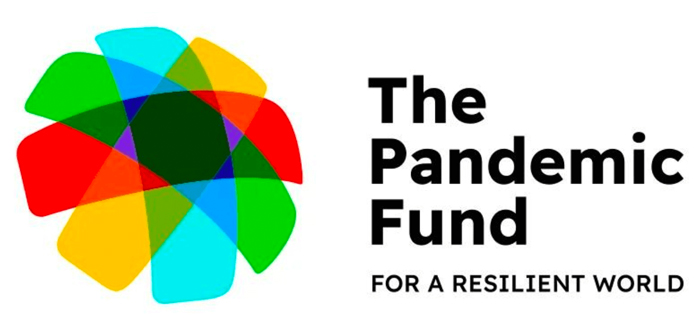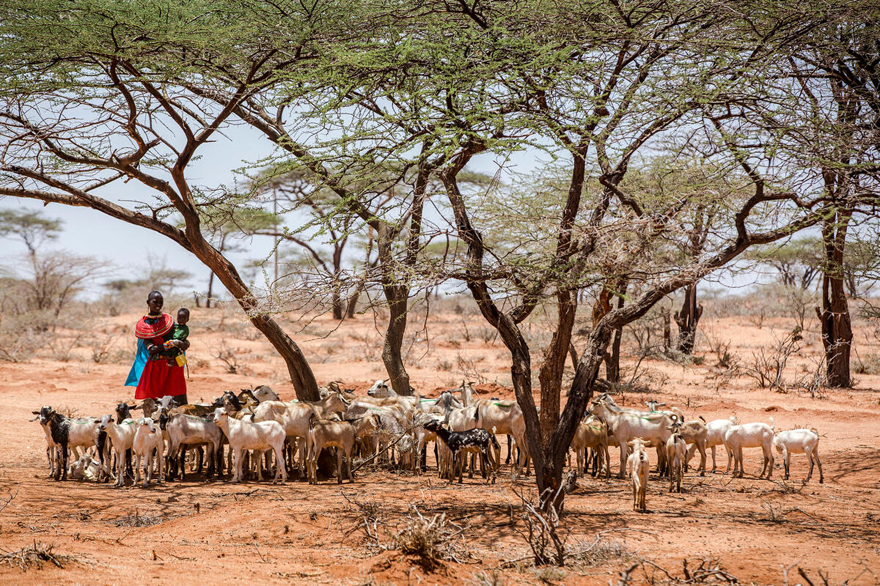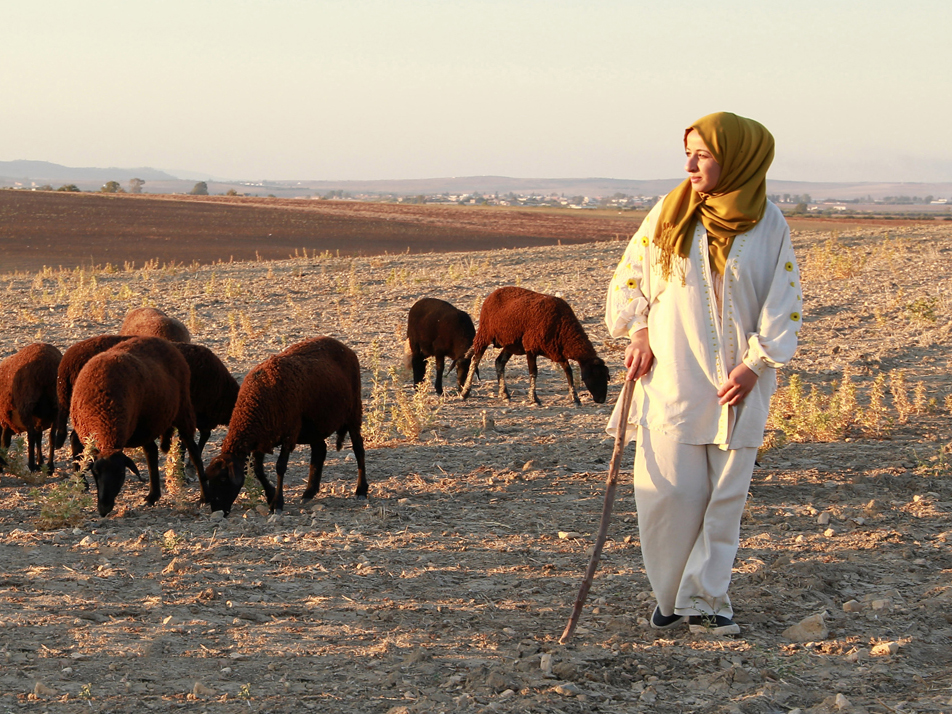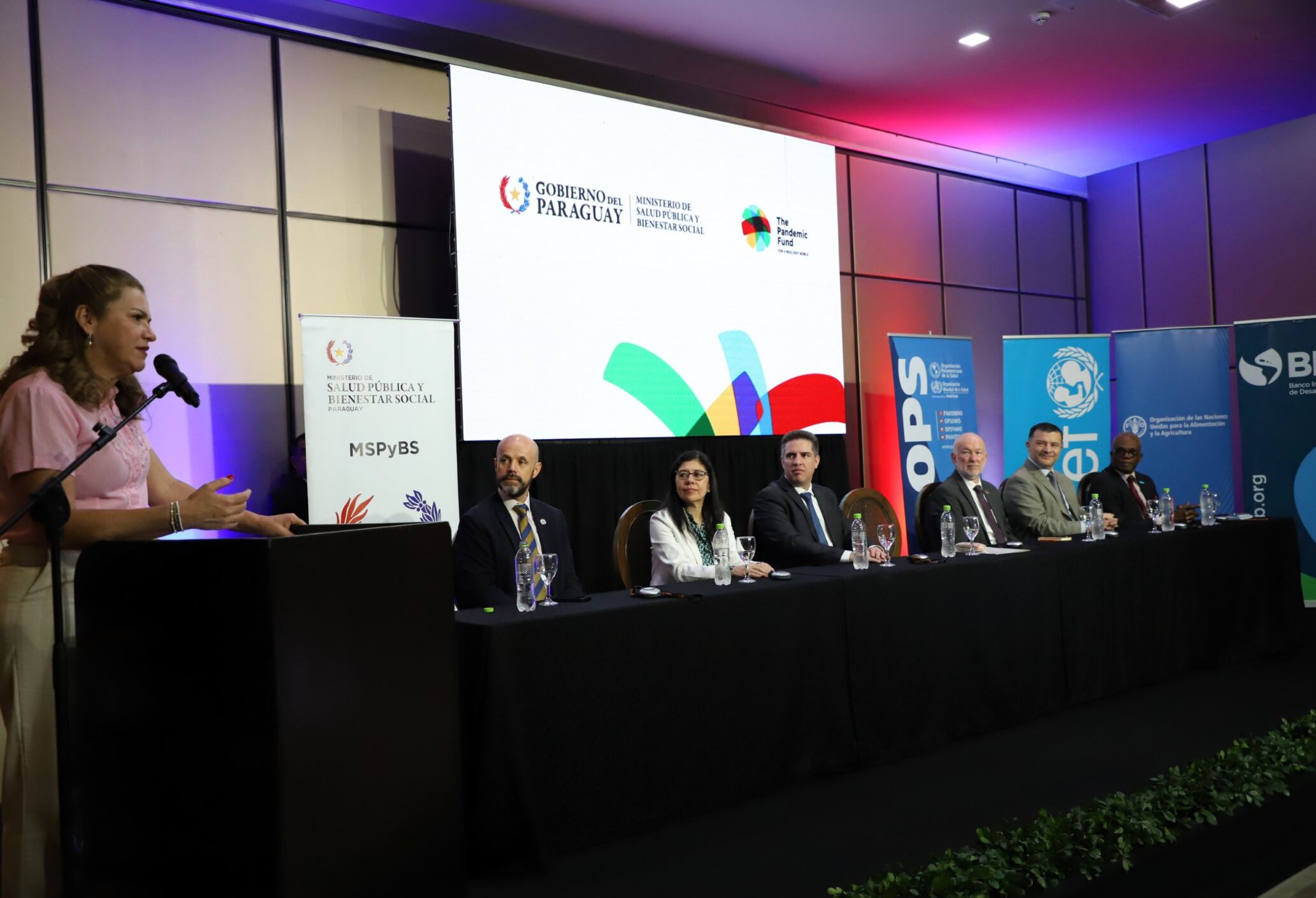.jpg?sfvrsn=7ffb47f9_0)
Strengthening prevention, preparedness and response to emerging health threats in the Eastern Caribbean
Antigua and Barbuda, Dominica, Grenada, Saint Kitts and Nevis, Saint Lucia, Saint Vincent and the Grenadines

The Eastern Caribbean, characterized by its diverse island nations, faces unique challenges in pandemic preparedness due to limited health infrastructure, small populations, and vulnerability to natural disasters. This multi-country project aims to enhance the region’s pandemic prevention, preparedness, and response (PPR) capacity through the integration of human, animal, and environmental health systems, adopting a One Health approach. It seeks to address critical gaps in surveillance, laboratory capacity, and workforce development while fostering regional collaboration.
Implementation and key components
The initiative is implemented by the World Health Organization (WHO), FAO, and the World Bank, in partnership with the governments of Antigua and Barbuda, Dominica, Grenada, St. Kitts and Nevis, St. Lucia, and St. Vincent and the Grenadines. Key interventions include:
Strengthening surveillance systems
The project will establish an integrated surveillance system that enables real-time data sharing across human, animal, and environmental health sectors. This includes upgrading electronic health record systems and enhancing community-based disease monitoring networks. Surveillance capabilities at Points of Entry (PoEs) will be strengthened to improve the detection and control of public health threats, especially zoonotic diseases and antimicrobial resistance (AMR).
Enhancing laboratory capacities
Investments will focus on upgrading laboratory facilities and diagnostic technologies, particularly for zoonotic and emerging diseases. National and regional laboratories will adopt biosafety and quality management systems to ensure timely and accurate disease detection. Improved specimen transport networks will enhance the region’s ability to respond rapidly to health emergencies.
Building workforce resilience
The project will develop a multi-disciplinary workforce capable of managing pandemic threats. Training programs will target health professionals, laboratory technicians, and community health workers, focusing on outbreak investigation, infection control, and AMR management. Special attention will be given to creating rapid response teams and fostering cross-sectoral collaboration under the One Health framework.
Expected outcomes
This initiative is expected to establish a robust health security framework across the Eastern Caribbean, improving pandemic preparedness and reducing vulnerability to health crises. By creating a well-trained workforce, enhancing diagnostic and surveillance capabilities, and fostering regional cooperation, the project will not only mitigate the socio-economic impacts of pandemics but also strengthen health system resilience and equity in the region.
Implementing Entities
FAO, WHO, World Bank
Priority areas
- Early warning and disease surveillance systems
- Laboratory systems
- Human resources/public health and community workforce capacity
Total budget
USD 24,383,476
Total co-financing
(in kind and cash)
USD 7,810,000
Total co-investment
(in kind and cash)
USD 21,819,500
Find out more

Projects
The Pandemic Fund
FAO is co-leading the implementation of 32 Pandemic Fund projects worth over USD 165 million aimed to boost local and global health security.

Highlights
Pandemic Fund’s third call for proposals
The Pandemic Fund has announced its third Call for Proposals, with an envelope of USD 500 million to enhance pandemic preparedness and response with a focus in low- and middle-income countries.

Highlights
Global fight against pandemics gains momentum as projects launch with FAO support
The first of Pandemic Fund projects launched at national level, including Ethiopia, Paraguay, Central Asia countries, and Yemen.
